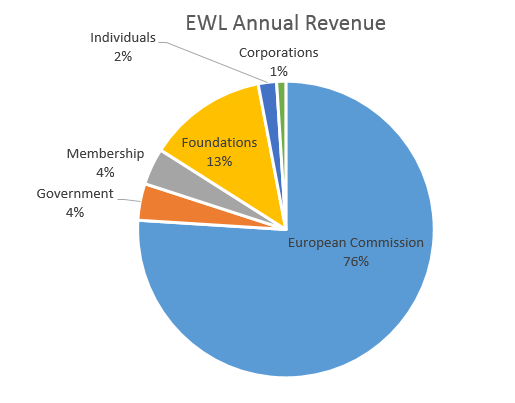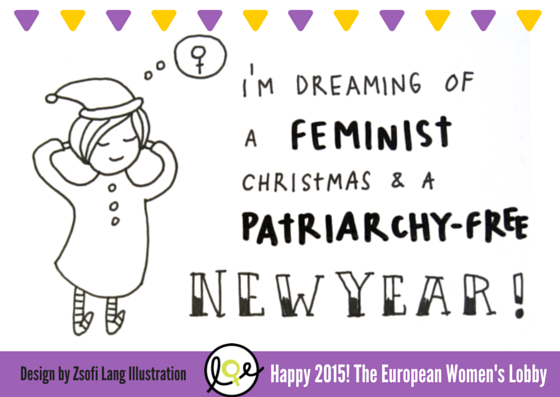[Brussels, 28 March 2011] The EWL has signed the European Charter for Health Equity of the European Public Health Alliance (EPHA).
Rapidly increasing economic and political pressures put even more burden on socially deprived, most vulnerable and under-served population groups – increasing the health gap. We need to do much more than waiting for the EU to act; we need to go beyond “traditional” separated way of thinking. That was a driver for EPHA to create the European Charter for Health Equity. It is to proactively act from within civil society to take a lead on the issue of health inequalities, start cooperating together to fight for more health equity, to keep the issue on the agenda and to call for more actions by all actors. Health inequalities persist within and between countries, regions, between women and men and population groups in Europe. These disparities are not simply differences in health between the rich and the poor in our societies; rather, they refer to systematic correlations between health outcomes (disease, quality of life or life expectancy) and social and economic conditions people live in. In other words, the lower one’s position in a society is, the poorer health she or he has. The majority of determinants of population and individual health are of political, social and economical nature. These forces improve or harm our health, and to a great extent they belong to an area believed to reach out beyond the health sector – sex, environment, climate, transport, agriculture, education, housing, employment, social policy, to name a few. Factors determining our health are modifiable, and therefore health inequalities are avoidable. However, we observed that the issue remains still very much dealt with by health actors solely. Read the European Charter for Health Equity




